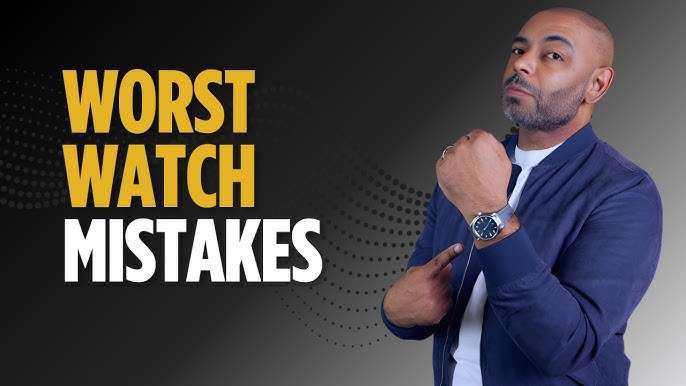Training to ensure you’re well equipped for any security job
For people looking to become involved in the security industry, specifically the close protection of individuals, an accredited training course is a must. Before you can apply for your SIA license, a thorough training plan needs to have been completed to ensure you’re equipped for any eventuality.Do Training to ensure you’re well equipped for any security job by below step.
Introducing the course

Close protection requires you to be prepared for the unexpected, so that you are able to always provide the best service to those in your care. The accredited course will provide you with training over a range of situations, showing you the best course of action to follow to prevent harm coming to the person or persons in your care. It should go without saying that the best training for a career in close protection will combine both practical and theoretical elements. Whilst the theory behind protecting your clients can be learned in a classroom, training in the field will help you sharpen your instincts and apply your knowledge at a split second. As the frontline bodyguard for a VIP, knowing exactly how to react when something goes wrong could be the difference between life and death, so thorough training is necessary. It is possible to receive close protection training over a three week period in a fully residential environment, making it possible to immerse yourself in your comprehensive training programme. In addition to meeting the requirements of the Security Industry Authority (SIA), this training will cover a range of both the knowledge and the skills necessary to carve out a successful career in this industry. What is covered?
The requirements of the qualification include a myriad of skills and knowledge necessary to successfully care for a VIP. Looking at areas such as risk assessment, being aware of surveillance, legal issues, reconnaissance, conflict management and working as part of a team, it will equip you with a toolkit of skills that can be applied to the day to day job of being a bodyguard. Medical additions
If something should go wrong on your watch, ensuring that you have the skills to deal with emergency medical issues that can arise is another mandatory part of the training that SIA will expect you to have before a license can be granted. A qualification in dealing with first aid, specifically being the first person on the scene is also worked towards during the residential course, so that the minimum standard of skills can be met. Dealing with hostile situations
Whilst it is clear that the ideal way to deal with a hostile situation is with words, there can come a time when this will not prove a viable option. As part of the close protection course, you will be instructed on the best techniques to neutralise threats with unarmed combat training. At all times, the emphasis is on appropriate force and defusing any situations that may arise. By using an incremental approach to dealing with a physical threat, you retain control of the situation, allowing the threat to be removed swiftly. AUTHOR BIO Rob Jewell writes regular articles about subjects such as security and close protection training for a range of different websites. When he is not writing, Rob can often be found up to his armpits in sheet music, arranging music for his band.

Close protection requires you to be prepared for the unexpected, so that you are able to always provide the best service to those in your care. The accredited course will provide you with training over a range of situations, showing you the best course of action to follow to prevent harm coming to the person or persons in your care. It should go without saying that the best training for a career in close protection will combine both practical and theoretical elements. Whilst the theory behind protecting your clients can be learned in a classroom, training in the field will help you sharpen your instincts and apply your knowledge at a split second. As the frontline bodyguard for a VIP, knowing exactly how to react when something goes wrong could be the difference between life and death, so thorough training is necessary. It is possible to receive close protection training over a three week period in a fully residential environment, making it possible to immerse yourself in your comprehensive training programme. In addition to meeting the requirements of the Security Industry Authority (SIA), this training will cover a range of both the knowledge and the skills necessary to carve out a successful career in this industry. What is covered?
The requirements of the qualification include a myriad of skills and knowledge necessary to successfully care for a VIP. Looking at areas such as risk assessment, being aware of surveillance, legal issues, reconnaissance, conflict management and working as part of a team, it will equip you with a toolkit of skills that can be applied to the day to day job of being a bodyguard. Medical additions
If something should go wrong on your watch, ensuring that you have the skills to deal with emergency medical issues that can arise is another mandatory part of the training that SIA will expect you to have before a license can be granted. A qualification in dealing with first aid, specifically being the first person on the scene is also worked towards during the residential course, so that the minimum standard of skills can be met. Dealing with hostile situations
Whilst it is clear that the ideal way to deal with a hostile situation is with words, there can come a time when this will not prove a viable option. As part of the close protection course, you will be instructed on the best techniques to neutralise threats with unarmed combat training. At all times, the emphasis is on appropriate force and defusing any situations that may arise. By using an incremental approach to dealing with a physical threat, you retain control of the situation, allowing the threat to be removed swiftly. AUTHOR BIO Rob Jewell writes regular articles about subjects such as security and close protection training for a range of different websites. When he is not writing, Rob can often be found up to his armpits in sheet music, arranging music for his band.


